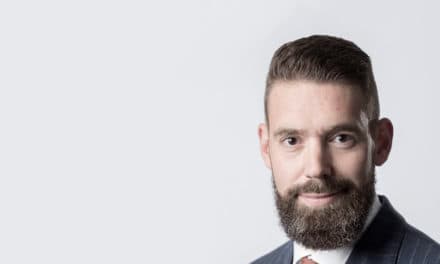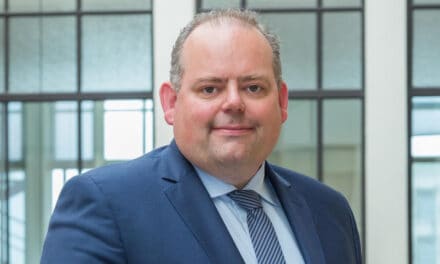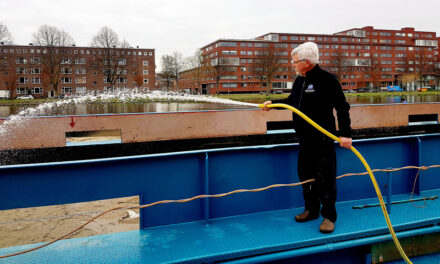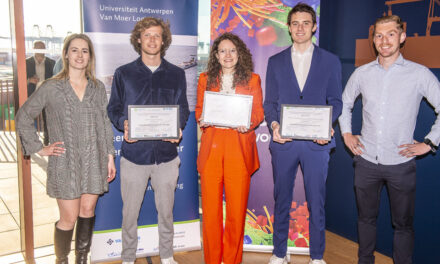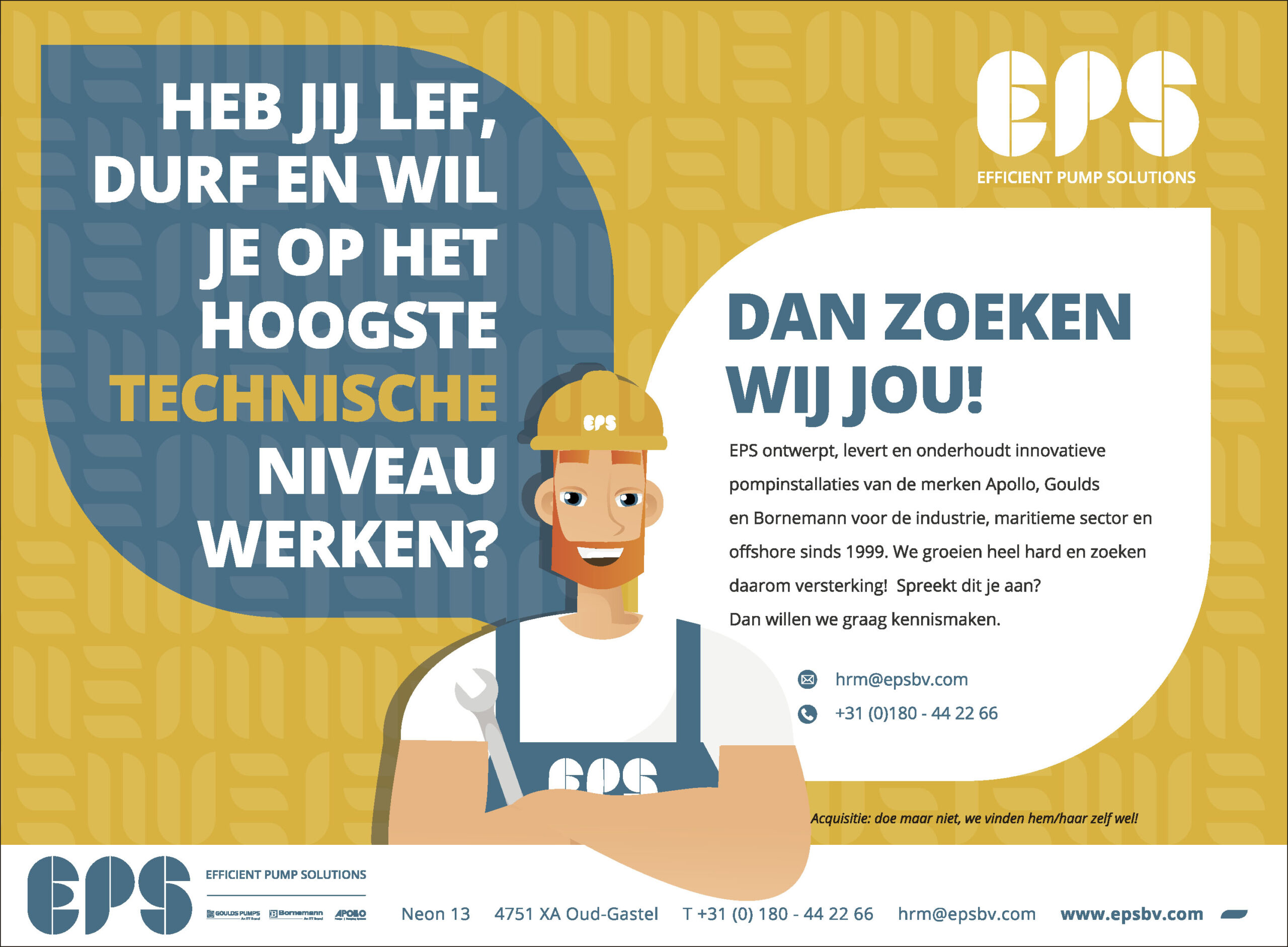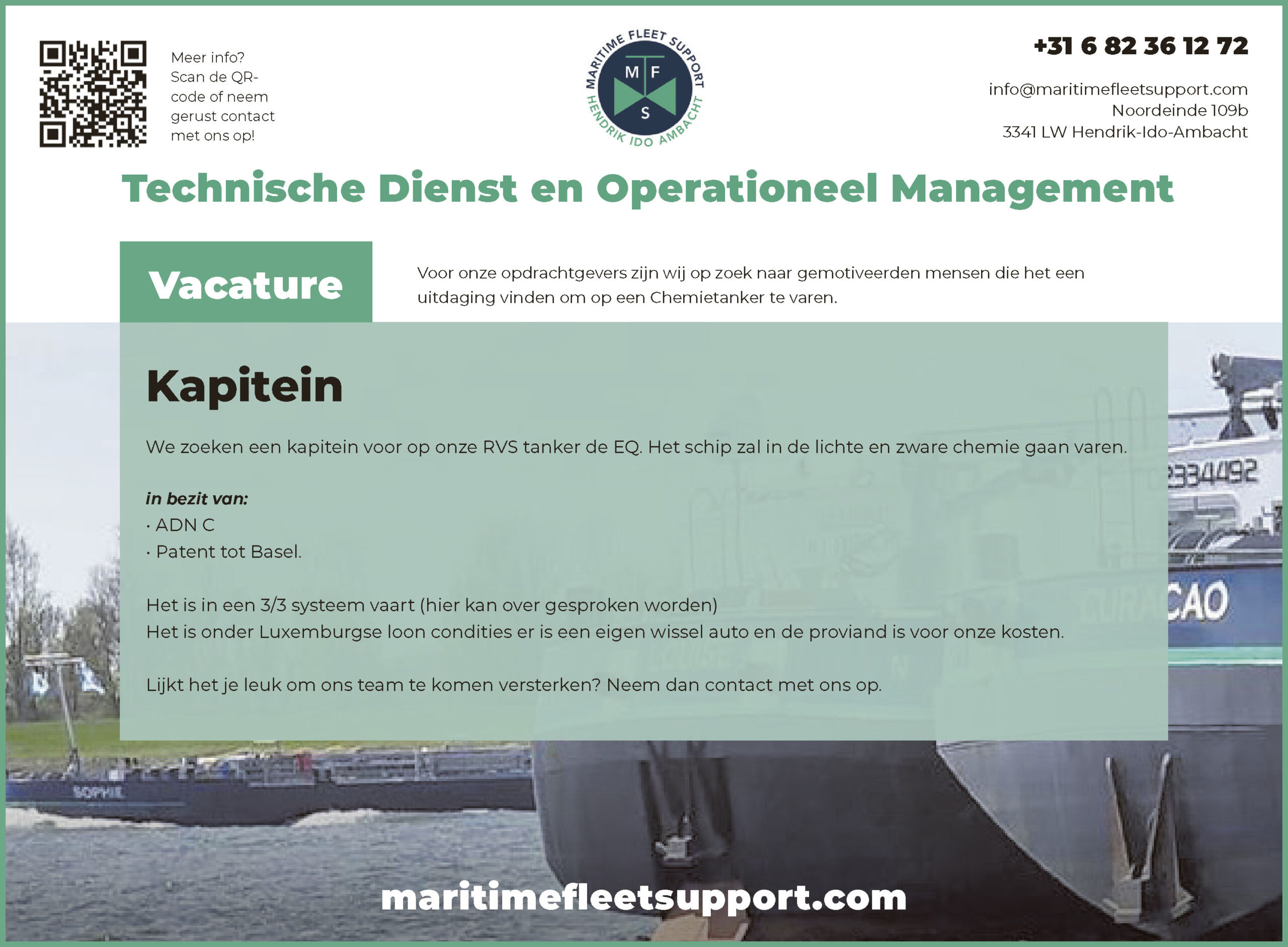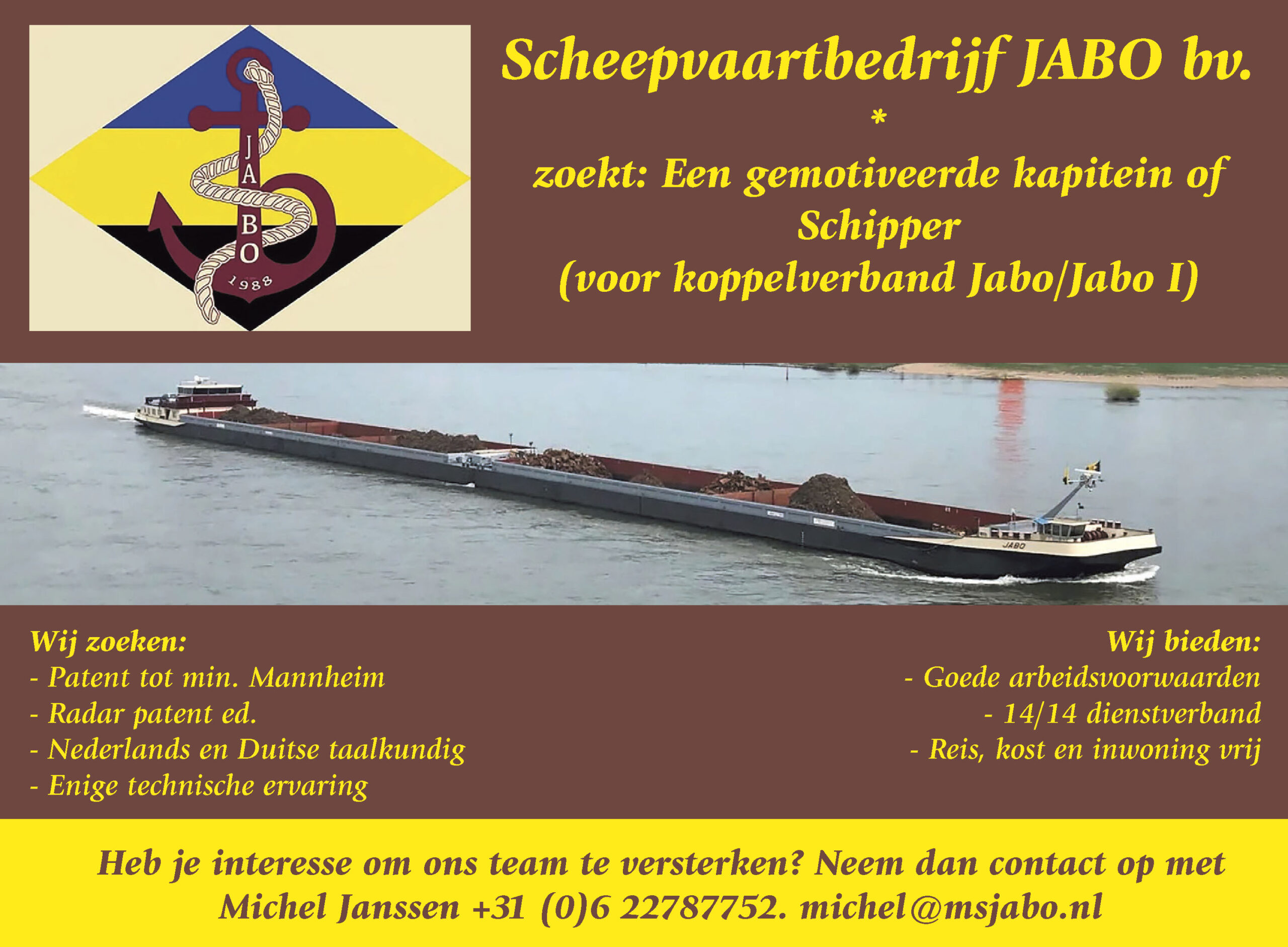LEARNING AND INNOVATION IN ROTTERDAM
There is so much happening in the port of Rotterdam. A place where the experienced business community and the inquisitive talents meet each other. Start-ups have been springing up like mushrooms. Innovation is visible throughout the maritime region of Rotterdam. It’s time for some sort of overview amidst all the containers and ships: the maritime knowledge and innovation ecosystem identifies the connections between companies and educational institutions.
Maurice Jansen, senior researcher at Erasmus UPT, Centre for Urban, Port and Transport Economics, is researching the ecosystem of the port of Rotterdam. Education, research and innovation are central to this ecosystem. ‘Two years ago, I switched from the STC Group, where I worked in education for twelve years, to the Erasmus University. During an introductory meeting with Wouter Jacobs, also a senior researcher at Erasmus UPT, my interest in mapping the ecosystem of the port and the regional maritime cluster of the Rotterdam region was awakened. Wouter had done research into the causes that ensure that maritime business does not only locate in the port, but that there is also a lot of activity in the city in associated maritime business services. The interaction between the companies in the port and the city ensures that port cities like Rotterdam can develop into maritime capitals. A maritime capital is a city where all the maritime branches of the port are active, from shipbuilding and offshore to maritime services, logistics and commodity trade. At the time, I realised that there was no overview of a knowledge and innovation ecosystem related to Rotterdam and its port. Rotterdam has such a rich knowledge base that it seemed important to create such a comprehensive overview.’
The so-called metro map is used as a visualisation tool to quickly see where maritime talents are in the Rotterdam region. ‘The ecosystem provides many companies in Rotterdam attractive conditions to grow and innovate. It’s a win-win for both companies and talents to be able to find each other easily.’ On the list of the best port cities in the world, Rotterdam ranks third behind Hamburg and the leader, Singapore. This emerged from the study, the leading maritime capitals of the world bi—annual report 2019, carried out by the Oslo-based consultancy firm Menon. Rotterdam owes its high ranking to, among other things: the port and logistics infrastructure, the shipping cluster, ship financing, legal services and most especially because of its position as a hub in world trade. All these maritime disciplines develop over the years. Having a dynamic knowledge and innovation ecosystem is essential to provide people with the best education and skills for their profession. The Rotterdam region is home to many maritime educational institutions, from secondary vocational to graduate level. ‘The metro map of the innovation and knowledge ecosystem of the Rotterdam port and maritime sector is subdivided into six knowledge districts. Each of these knowledge districts adds value to the innovation processes which are taking place at several institutes and partnerships in the maritime ecosystem’.
MARITIME KNOWLEDGE AND INNOVATION ECOSYSTEM
The innovation campus is the first knowledge district. Jansen calls the innovation campus the result of the ever-greater collaboration between companies and educational institutions. ‘On the one hand the campus consists of workshops where project-based education takes place, for example Techniek College Rotterdam, and on the other hand, a place where start-ups can establish themselves. The Rotterdam Makers District is a collective name for all companies located in the RDM Rotterdam and Merwe-Vierhaven (M4H) areas. They work here with new technologies based on digitalisation, robotisation, additive manufacturing (3D printing) and the application of new, sustainable energy and materials. High-end technology that is still in its infancy is given the scope to be further developed here. This is where new manufacturing industry comes into being; small companies that make, for instance, a 3D screw are given space here. Collaboration with knowledge and educational institutions in the region is crucial in this respect. Shipbuilding students who undertake their graduate studies here are already acquainted with the community during their studies, including start-ups directly related to their education. This makes it clearer to students what career opportunities the industry has to offer.
The second knowledge district is education. In the Rotterdam region, many educational institutions offer maritime education from secondary vocational to graduate level: STC , Erasmus University, TU Delft, IHE Delft. Da Vinci College, Techniek College Rotterdam have associated courses, such as maintenance and installation engineering.
Training is the third knowledge district, where the main focus is on recertification, situational awareness and and learning to work with new technology and equipment. If, for example, you are going to work on a drilling platform, you are required to have certain safety certificates that you can obtain here. Education and training are also offered for crews of cruise ships, towage companies and vessel traffic managers or pilots.
The fourth knowledge district is the maritime simulation park, where simulators are used for training and applied research. Jansen: ‘On a maritime simulator you can practice in a simulated environment, for example a bridge or an engine room simulator. It supports training people, without having to do this on a real ship. If, for example, you want to get your certificate of competence as a maritime officer, you need seatime. Training on a simulator also counts as seatime. Additionally, a simulator offers the advantage to learn and assess dealing with difficult situations in a safe environment. Furthermore these simulators are not only used for vocational education. They’re also used for refresher training, for example when new technology has been introduced on board or for refresher courses.’
Research is the fifth knowledge district. The region has research institutes such as Deltares and TNO. Deltares conducts research in the field of water and subsurface and the Transport Institute researches passenger and freight transport.
The final knowledge district is start-up incubators. An incubator helps new companies to start up and grow by offering services such as management training and providing office space. Jansen: ‘The talents who have just graduated and want to launch their own start-ups are accommodated and supported here. Sometimes they have already applied for a patent for their invention. The start-up incubator mainly helps young entrepreneurs with the business case of their idea or concept. For example, workshops are given on setting up a business, market research and analysis, or approaching customers, because this is not covered in the standard curriculum of technical programmes. One of the first start-up incubators in The Netherlands was Yes!Delft. A good start-up example that sprung off from Yes!Delft is Ampelmann. This Rotterdam-based company makes gangways. These gangways are used to pick up and drop off personnel on drilling rigs and offshore wind farms. A rough sea with high waves creates unsafe conditions for crew. To prevent this, Ampelmann developed a kind of inverted aircraft simulator. Such a simulator mimics movements in the air. They have used this technique to develop a system that corrects the movements of a ship compared to an offshore platform. This means that on a stormy day, operations can continue even during bad weather conditions while creating safer transfer of people and goods. This saves time and, therefore, money. PortXL, an initiative of the Port of Rotterdam Authority, creates an new influx of start-ups every six months by scouting for entrepreneurs. They search the world for talent and have a programme to select the best among them. This allows start-ups and established maritime companies to reinforce each other’s strengths and may lead to future combinations and collaborations’.
ROBOTS
Jansen says that the new economic development in the Rotterdam region is mainly taking place in the transition port areas – RDM Heijplaat and Merwe Vierhavens and upstream between IJsselmonde and the Drecht cities. This is where the maritime manufacturing industry is mainly located. ‘An education which teaches the necessary skills is the basis for ensuring that you have the right people working for your company both now and in the future. Fostering and nurturing talent in that ecosystem is a must. Now that companies are working with new technologies, educational institutions and companies certainly need to be working closely together in bringing talent and technology together. STC’s logistics warehouse, for example, is already experimenting with robots. As a company, you should let your own technology play a role in shaping the skills of the new generation. That’s the real win-win for all.’

